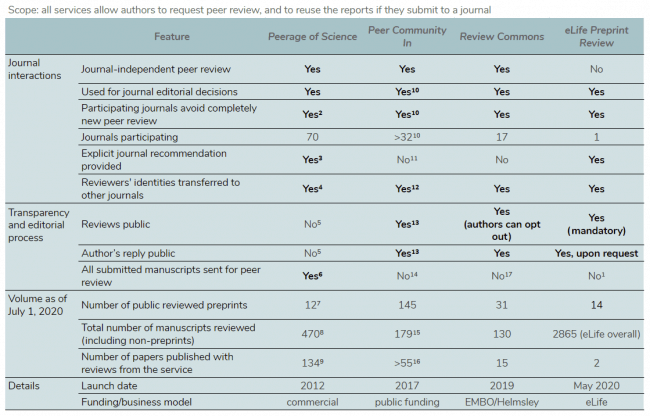Evaluating Review Commons – the first 9 months
2021-10-18 correction: In the original version of this post, the data labels for “accepted” and “rejected” re-review rates were swapped. The correct labels now appear below. In late 2019, EMBO and ASAPbio launched Review Commons, a platform for journal-independent peer review that facilitates the posting of a refereed preprint and submission to 17 partner journals.…


















